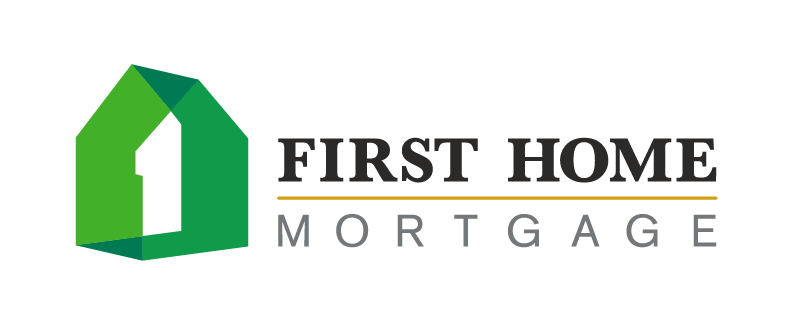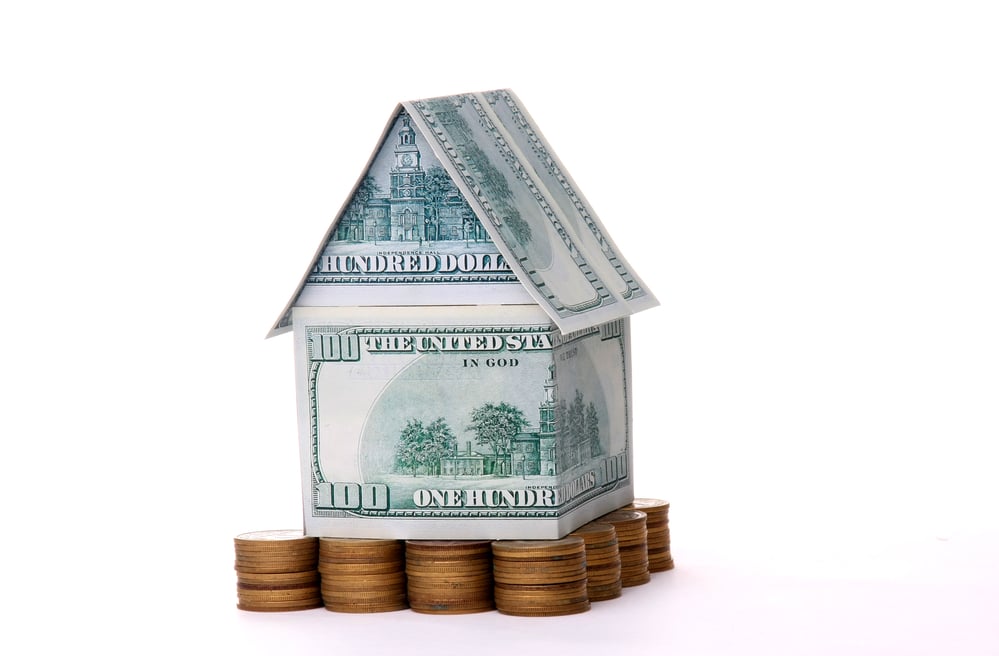Your home is one of your largest investments, and the equity in your home is something you can potentially tap into if you need cash in the future. If you need to build that equity quickly, these 10 tips may help you do so.
1. Increase the Curb Appeal
Curb appeal may not seem that important, but the truth is it adds to the value of your home. The more appealing the home looks, the more attention it will receive from potential buyers, and home appraisers know this. A fresh coat of paint and some low-maintenance landscaping can go a long way towards improving your home’s curb appeal.
2. Consider a Minor Kitchen Remodel
A kitchen remodel can also help increase the value of your home, but proceed with caution. Doing too much to the kitchen will mean recouping less of the cost. Like upgrading the cabinets or adding new flooring, minor remodels bring about an 80.5% return of the cost, while major high-end remodels only recoup about 62.1%.
3. Increase in Energy Efficiency
Energy-efficient upgrades can add to your home’s value, and therefore its equity. Solar panels on the roof can increase the perceived property value, and an appraiser may notice this as well. You need to carefully weigh the addition or upgrade pros and cons to help ensure you will get back a good return on investment.
4. Refinance to a Shorter-Term Loan*
A shorter-term loan helps you start paying down the principal, and thus building equity more quickly. A 15-year loan will help you build equity more quickly than a 30-year loan will. If it is within your budget, this could be a wise financial move.
*Refinancing your current mortgage loan could result in the total finance charge to be higher over the life of the loan.
5. Pay More Each Month
If you don’t want to refinance, consider paying more towards the loan’s principal each month. Talk to your lender to determine how your extra loan payment amounts could apply towards the principal. Then each month, pay more than you are required toward your home loan. The excess amount will go toward the principal and your equity.
6. Add More Space
If you can finish that basement or add an addition to the house, it will increase its value and equity. With these major renovations, make sure what you’re adding will add value for your family while you’re living in the home, and ensure that you aren’t pricing the house out of the average for your neighborhood.
7. Use Windfalls
If you receive a large tax return or unexpected bonus, you might consider applying that money toward your mortgage. When extra money comes along that you weren’t expecting, you can use them to build equity in your property.
8. Commit Your Partner’s Paycheck
If you are serious about building equity quickly and can live on just one income, earmark one person’s salary to go entirely toward your mortgage. This tactic requires financial discipline; however, it can be done.
9. Add Outdoor Living Space
Creating an attractive outdoor living space can add to your home’s value. It makes it more functional and appealing to future buyers, and many permanent structures are considered part of the appraised value.
10. Wait It Out
Another way to build your home’s equity is to wait it out over the long haul. Property values tend to increase with time, so the longer you remain in your home and pay down your mortgage, the more equity you will have.
Equity takes time to build, but you can move the process along. Use these strategies to help yourself build equity and enjoy the benefits that come from your investment in your home.
Low inventory and high demand created through low-interest rates creates a scenario where home prices start to climb, and this trend will likely continue through 2020. Forbes estimates a 5.6 percent increase by the fall of 2020, which is more than was seen in 2019. This increase will hit the entry-level homes hardest, as this is the area where shortages are the most common. Lack of available starter homes pushes up the price for these properties, and that increase carries over into other types of homes.
2020 Forecasts for Maryland
In Maryland, these trends are expected to be similar. In 2019, the state was a seller’s market with high prices and fast sales. This trend is expected to continue in 2020 as Maryland follows national real estate trends. The high population levels in Maryland, even with its small size, are expected to drive up competition for available homes, particularly in DC’s suburbs.
If you are interested in entering the home buying market in 2020, you will need to be ready to move quickly. This means having financing in hand before you start shopping. For help securing financing that fits your needs, reach out to Maryland local mortgage professional Drew Gilmartin at First Home Mortgage.
Source
https://www.forbes.com/sites/alyyale/2019/11/15/2020-housing-outlook-expert-predictions-for-mortgage-rates-home-prices-tech-and-more/#24b9993b2935


